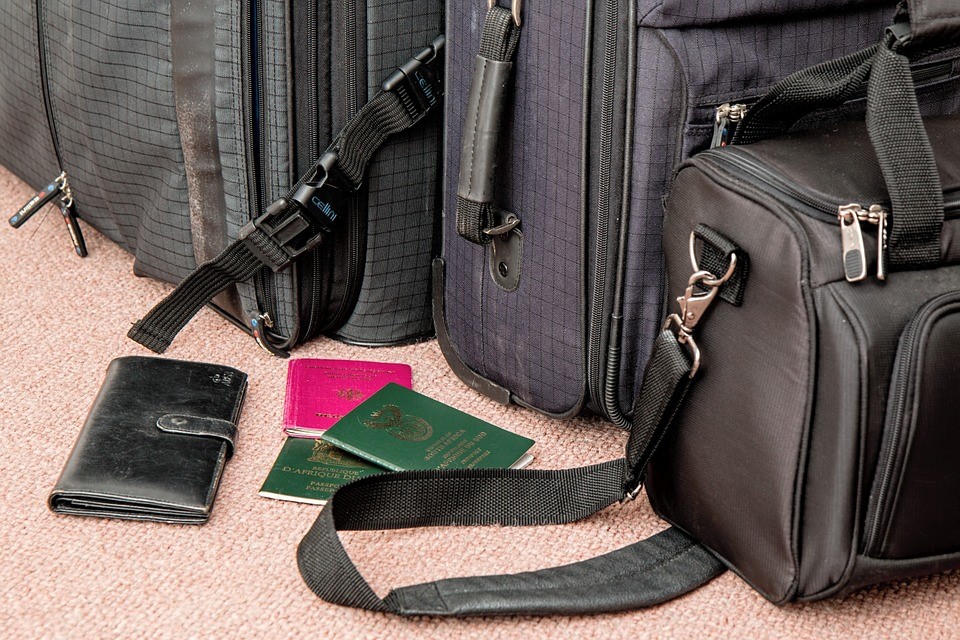Statistics
Pandemic Hammers Global Golden Visas

A global industry in selling residency/citizenship in exchange for investment - known as the golden visa sector - did not escape the impact of COVID-19, although some jurisdictions bucked the trend.
The UK handed out far fewer “golden visas” to high net worth individuals in the 12 months ending in September 2020, a period when the ability to move around was crushed by the pandemic. That period also coincided with a revamp to the UK system following criticisms that the regime had been vulnerable to dirty money. Separately, a number of other jursidictions' visa schemes were also hit.
Under a Tier 1 investor visa, applicants must invest £2 million ($2.71 million) or more in the UK to reside here for three years and four months, with the possibility of a two-year extension.
The number of Tier 1 investor visas issued slumped by 44 per cent to 219, down from 394 the year before (source: Bates Wells, UK law firm).
However, although investor visa applications have fallen so far in 2020, the end of the Brexit transition period on 31 December last year could trigger another rise as European high net worth individuals will no longer be able to enter the UK under freedom of movement, the firm said in a statement.
The pandemic has wrought havoc with such residency/citizenship-by-investment programmes. In China, the number of visas plunged by 71 per cent to 52; Russian visas fell by 25 per cent to 18; in the US, only 16 such visas were issued, falling by 47 per cent, and in Saudi Arabia 7 visas were issued - a 30 per cent drop.
Ironically, considering mainland China’s new national security law in Hong Kong and the political unrest, Hong Kong was one of few jurisdictions posting a rise in the number of investor visas issued, up by 68 per cent to 52 in the last year, from 31 the year before. (The improvement in the year-on-year effect could be due to the fact that the previous year was hit so hard.)
Investor visas issued to individuals from India also saw a slight increase, rising by 30 per cent to 13 in the last year.
Bates Wells said that following the end of the Brexit transition period and free movement between the EU and the UK, there might be a rise in visa applications from individuals in European countries.
